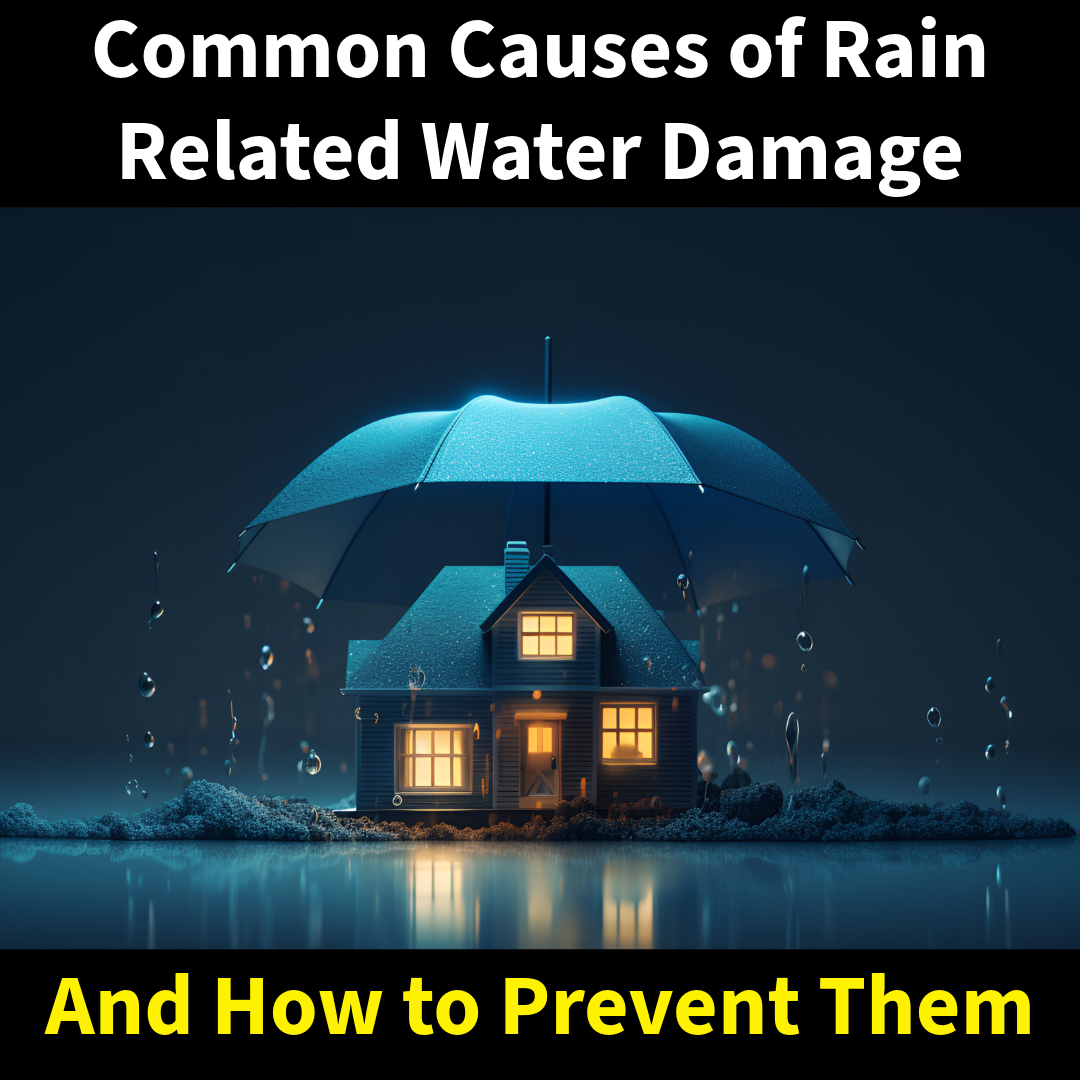Basements are often the first place to flood during a heavy storm — and one of the biggest culprits is often overlooked: basement windows. When rain falls faster than the ground can absorb it, water looks for the path of least resistance — and weak or poorly sealed window wells become prime targets.
At MSI, we’ve responded to countless water damage calls caused by this exact issue. Here’s what every homeowner needs to know.
Why Basement Windows Leak During Heavy Rain
Basement windows are designed to keep out normal moisture and weather conditions — but when water pools outside the window well, problems begin. Here’s why it happens:
- Poor Drainage in the Window Well
Many window wells don’t have a functioning drain or gravel base to let water percolate downward. Once water builds up, pressure forces it through any crack or gap. - Clogged or Non-Existent Window Well Drains
Leaves, dirt, and debris can block window well drains, essentially turning your window into a small fish tank — until it bursts. - Improper Window Sealing or Aging Caulk
Over time, the seals around basement windows break down. Even the tiniest gap becomes a direct entry point when water is pushing with pressure behind it. - Grading and Landscaping Issues
If the ground slopes toward the house, rainwater naturally flows toward your foundation and basement windows, compounding the problem.
The Water Damage That Follows
Once water finds its way through a basement window, it doesn’t take long for real damage to occur:
- Soaked carpets and drywall
- Warped wood framing and baseboards
- Mold growth within 24–48 hours
- Damage to stored contents or finished basements
By the time you notice a puddle, water has already been working its way into porous materials, and the damage has begun.
How to Prevent Water from Entering Through Basement Windows
The good news? With the right upgrades and maintenance, this type of water damage is completely preventable:
- ✅ Install or Clear Out Window Well Drains
If your window wells don’t drain, water will always pool. Make sure each well has a functional drain with gravel for proper flow. - ✅ Add Clear Window Well Covers
These polycarbonate covers keep rain and debris out while still letting in light — a simple fix that prevents buildup. - ✅ Inspect and Reseal Window Frames
Regularly check the caulking and seals around each window, especially before storm season. - ✅ Improve Grading Around the Home
The soil should slope away from the foundation. If not, water runoff will move straight toward your window wells. - ✅ Consider Exterior Drainage Solutions
French drains, downspout extensions, and sump pumps all play a role in redirecting water away from basement windows.
Conclusion
Water intrusion through basement windows may seem like a small problem, but it can lead to major damage and costly repairs. Heavy rain is going to happen — the real question is whether your home is prepared for it.
If your basement recently flooded, don’t wait. Mold can begin growing in as little as 24 hours. At MSI, we provide fast, thorough water damage restoration and mold prevention services to get your home back to normal — safely and correctly.

